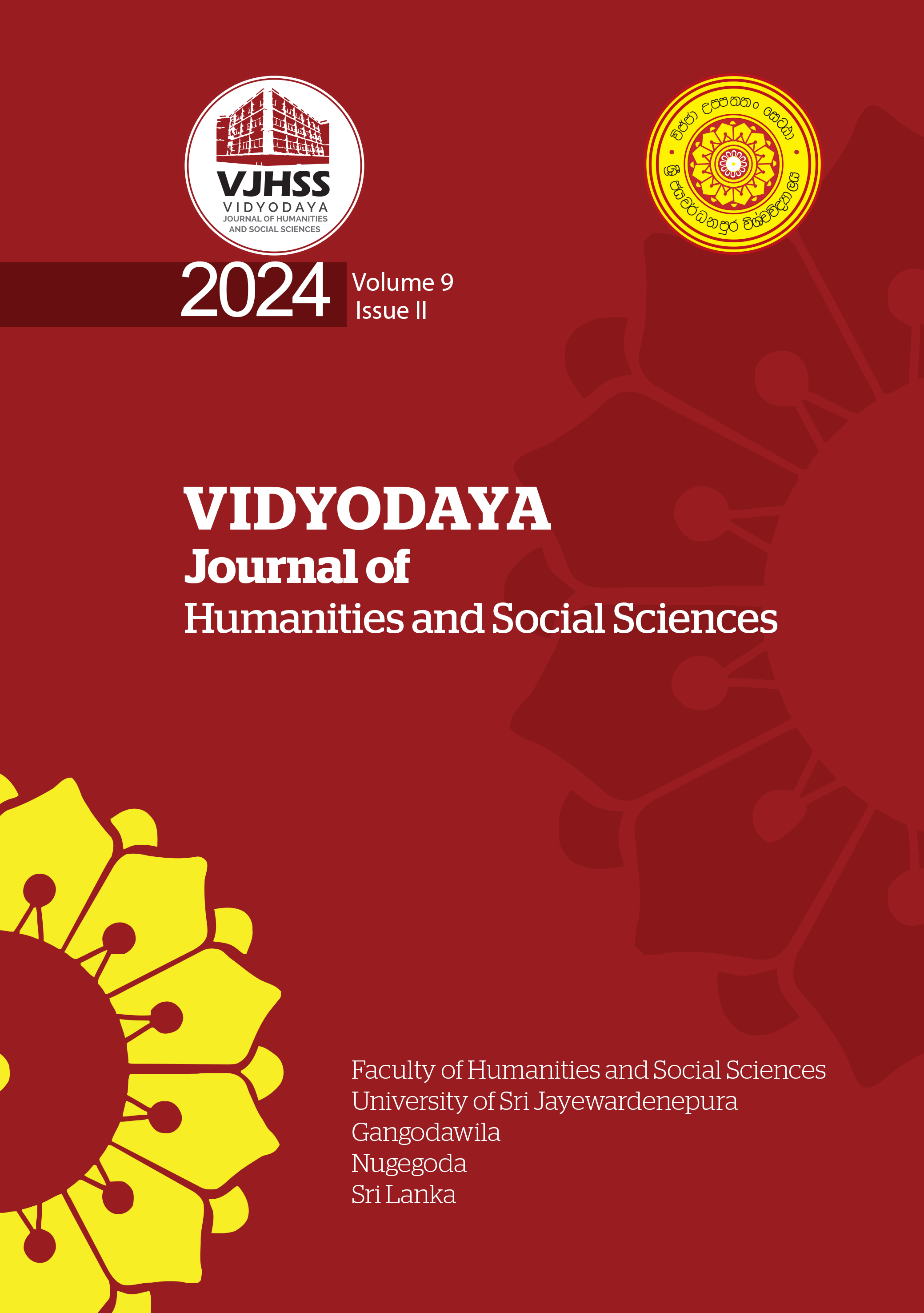Enhancing Curriculum Development through Needs Analysis: A Case Study of a Second-Year University English Language Teaching Programme in Sri Lanka
Abstract
This research investigates the significance of needs analysis in curriculum development, focusing on a second-year university academic program where English is taught as a second language. The research explores the learner and societal aspects involved in needs analysis. This study aims to establish a foundation for curriculum planning by identifying learner needs and interests and to suggest suitable evaluation methods and learning materials. The teaching context is the Department of English Language Teaching at the Faculty of Humanities and Social Sciences in a state university, Sri Lanka. The curriculum includes the course content designed for second year undergraduates who follow their major degree program in Sinhala medium. Most of the students are of elementary and intermediate proficiency levels, with very few using English as their first language. The research utilizes Brown's Needs Analysis Approach, including Present Situation Analysis, Target Situation Analysis, Learning Needs Analysis, and Task Analysis. The data collection tools include questionnaires administered online, assessing sixty voluntary participants among students, exploring language skills, proficiency levels, learning styles, challenges, and expectations. The study also considers the impact of the COVID-19 pandemic on online teaching and learning. The findings reveal the need for curriculum development, highlighting the necessity of differentiated instruction, real-world language skills, learner-centered teaching methods, and modern assessment strategies. The paper concludes with recommendations to improve the curriculum based on the identified needs and preferences of the learners.



